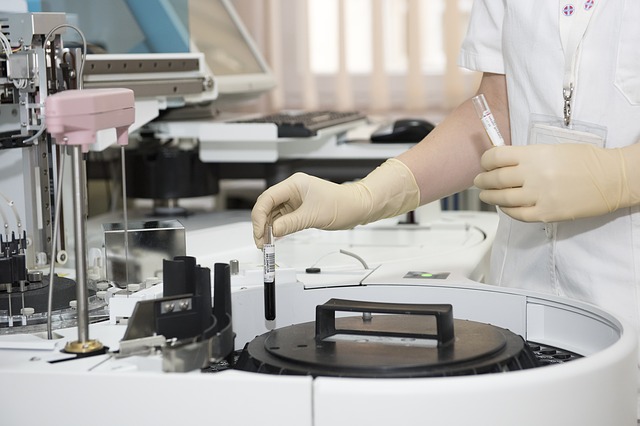Medical technology develops at a more deliberate pace than you might think. It takes time to accurately develop, test, and deploy new tools and procedures. Primarily, this is to ensure continued patient and staff safety. While, in the past, many medical procedures and standards were implemented with a fairly nearsighted approach, nowadays new technology needs to be formally approved and is, in some cases, regulated by the government. That’s why it might be surprising to hear that MRI technology, which has been around for several years, still has developing use cases.
Cancer diagnoses and MRI technology
One of the biggest questions that patients getting both routine and prescribed MRI scans ask is, “Can this detect cancer within my body?” The answer is a resounding yes. In many instances, MRI technology is adept at pinpointing certain types of cancer and has proven effective in particular with spotting breast cancer. It also can determine whether certain suspicious spots within the body are either benign or cancerous. Naturally, this has many applications within the medical field and, in certain instances, has been shown to have a near 100% accuracy rating at spotting some kinds of cancer.
This is in part because of how the procedure can be conducted in several different ways. For instance, on its own, MRI technology definitely has the potential to spot certain cancerous spots within the body. However, it becomes even more effective when the techs administering the exam use an injected contrast agent. While this sounds like a fair deal of medical jargon, what the contrast agent does is cause cancerous spots to appear brighter on the MRI results which, in turn, makes them much easier to diagnose quickly and correctly. It creates a distinctive difference between normal and abnormal bodily tissues which helps medical professionals to craft care plans at the first sign of something amiss within your body.
Finding a provider
Depending on your exact needs, finding a specialist in your area could be as simple as Googling “pulmonary physicians in New Jersey.” Also, dig up some research on Ezra AI, which uses artificial intelligence-backed technology to quickly identify abnormalities within the body. It’s important to note, however, that not every medical provider is operating on equal footing, and, unfortunately, some providers are either unwilling or unable to update their in-house technology to better accommodate evolving patient needs. This means that, on your part, you should be able and prepared to do some serious research before you commit to a location to get your MRI scans.
Of course, a good way to determine public reception of a facility is through either publicized reviews or word-of-mouth recommendations. Depending on the overall perception of a facility, you’re better able to determine the level of care you may receive during your visit. If any reviews mention the technology used at a facility, these are especially important to note. This helps you to determine whether or not a provider is doing their utmost to keep current with ever-developing care standards.
If you’re unsure of online reviews and recommendations, a good alternative is to ask your primary care physician for a referral. It’s a great way to get a trusted opinion, especially if your primary care physician is unable to perform the scans in their offices.
As long as you’re keeping current with checkups and are proactive about your health, you’re in an excellent position to keep yourself one step ahead of any future care considerations. Do your research and find a provider that works with you. It could make all the difference.

